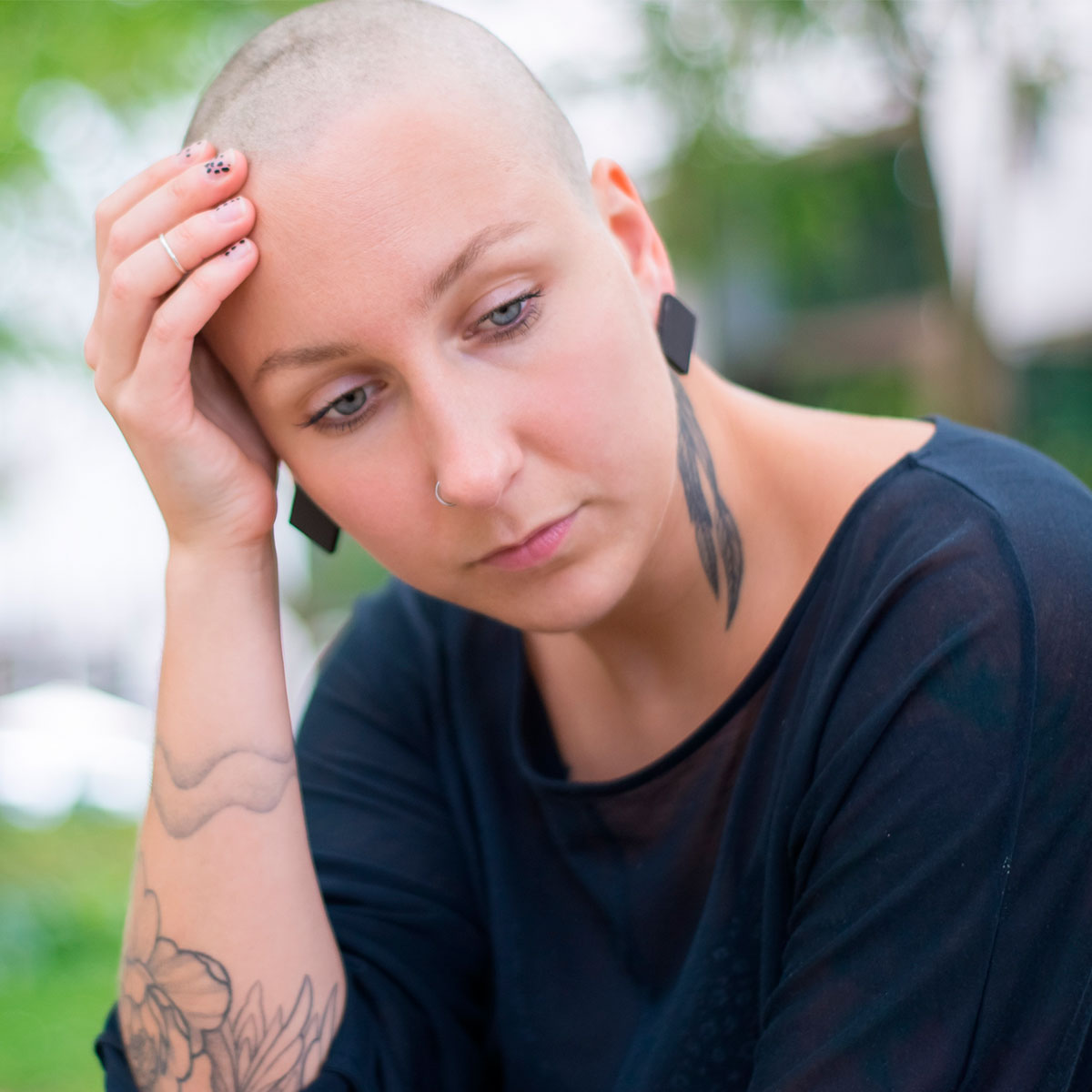How to Communicate When You’ve Been Diagnosed with Cancer

A cancer diagnosis is a life-changing event that affects not only your health but your relationships, work life, and daily routines. The process of sharing the news can be daunting, as you may feel unsure about what to say, when to say it, and how to explain it in a way that feels comfortable for you.
Determining What and When to Share
When you first receive a cancer diagnosis, you might feel overwhelmed and unsure. The key to effective communication is being true to your own feelings while balancing the emotional needs of others.
Consider Your Own Emotional Readiness. It’s important to communicate when you’re emotionally ready. Some people may feel the need to share the diagnosis immediately, while others may want time to process the information privately. If you need time, it’s okay to delay sharing until you feel more comfortable. Your emotions may fluctuate throughout the journey, and that’s normal as well.
Prioritize Who You Share With. Start by considering who needs to know first. For example:
- Immediate Family: Close family members may need to know soon to offer support.
- Friends: You may want to share with friends who are close to you and offer a support network.
- Workplace: Depending on your work responsibilities and whether you’ll need accommodations (e.g., time off for treatments), you should discuss it with your manager or HR at an appropriate time.
- Broader Community: Some individuals might choose to share the news with their broader social circles, either via social media or through group communication. You can decide when you feel ready to do this.
Timing Matters. There’s no universal timeline for when or how to share a cancer diagnosis. Some people share the news quickly, while others may wait until they have more details about their prognosis and treatment plan. It’s important to feel in control of your narrative. If others approach you for information, it’s okay to let them know that you’re still processing the news and will share when you’re ready.
Talking to Children of Different Ages
Children may respond to a cancer diagnosis in different ways depending on their age and developmental stage. It’s important to approach each conversation with empathy, keeping in mind that kids process information differently than adults. Here’s how to navigate talking to children of various ages:
Talking to Younger Children (Ages 3-7). Younger children may have limited understanding of illness, and their emotions might not be as verbalized. You might need to simplify your language and focus on providing reassurance. For example, “I have an illness called cancer, and I need to go to the doctor to get better. The doctor is going to help me feel better.”
Reassurance: Young children are likely to worry about their parents and their own safety. Offer frequent reassurance, like “Mommy/Daddy will be okay. I might have to rest sometimes, but I’ll always be here for you.”
Routine is Key: Keep as much of their daily routine intact as possible, as stability can help them feel more secure during a period of uncertainty.
Talking to Older Children and Teens (Ages 8-18). Older children and teens may have a better understanding of what cancer is, but they can also experience fear, anger, and confusion. They may also worry about how their lives will change. Be honest but age appropriate. Let them know the facts but also share your emotional experience in a way that helps them connect with you. For example, “I have cancer, and it’s a very serious illness. I’m going to do everything I can to fight it, and we’ll get through this together.”
Encourage Questions: Allow space for them to ask questions, even if they are tough or uncomfortable. If you don’t know the answer, it’s okay to say, “I’m not sure yet, but we’ll learn more together.”
Listen and Validate Emotions: Be prepared for them to express a variety of emotions, including anger, sadness, or even indifference. It’s important to listen, validate their feelings, and assure them that it’s okay to have a range of emotions.
Asking for Help
One of the hardest parts of a cancer diagnosis is learning how to ask for help. Many people feel the need to be independent or strong, but managing a cancer diagnosis often requires physical, emotional, and practical support. Don’t be afraid to reach out to others.
Be Specific About What You Need. When asking for help, try to be specific about your needs. Instead of simply saying, “I need help,” consider how people can assist you in concrete ways:
- “Could you help me with grocery shopping this week?”
- “I’m feeling too tired to clean the house. Can you come over and help me with that?”
- “I would really appreciate it if you could take me to my doctor’s appointment next Thursday.”
Lean on Your Support Network. If you have close friends, family, or a community of support (e.g., a church or support group), lean on them when necessary. People often want to help but don’t know how. By being clear about your needs, you give them the chance to step in.
Self-Care and Emotional Support. Remember to also ask for emotional support. This may include talking to a counselor, joining a support group, or seeking a trusted friend to talk to. Taking care of your mental health is just as important as managing your physical health.
While there is no easy way to communicate a cancer diagnosis, being thoughtful about how, when, and to whom you share the news can help guide you through this challenging time. Ultimately, it’s okay to take things one step at a time and to prioritize your own well-being as you move through this journey.

